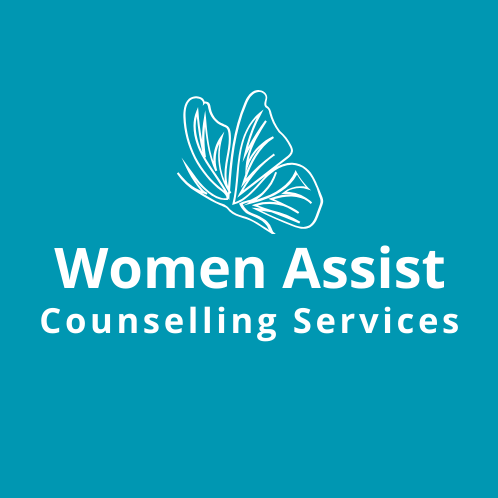 Postnatal depression affects women after childbirth, typically within the first year. Some women experience depressive symptoms during pregnancy, a condition known as antenatal depression. Symptoms of depression often go unrecognized, though, because women experience dramatic shifts in hormones during pregnancy and postpartum. Most new mothers are likely to show signs of fatigue, for example, along with changes in appetite and sleep patterns, as they adjust to caring for a new baby. The full set of depressive conditions and mood issues that can occur around a pregnancy are collectively known as perinatal depression.
Postnatal depression affects women after childbirth, typically within the first year. Some women experience depressive symptoms during pregnancy, a condition known as antenatal depression. Symptoms of depression often go unrecognized, though, because women experience dramatic shifts in hormones during pregnancy and postpartum. Most new mothers are likely to show signs of fatigue, for example, along with changes in appetite and sleep patterns, as they adjust to caring for a new baby. The full set of depressive conditions and mood issues that can occur around a pregnancy are collectively known as perinatal depression.
Signs of Postnatal Depression
All big changes in life require a period of adjustment during which people may intermittently feel frazzled or anxious, and perhaps elated, particularly when the change is a good one. New parents who find their former routines and sleep patterns disrupted by meeting the needs of their new baby may feel increasingly stressed and irritable. Changes in mood and feelings of anxiety are common after childbirth, but when symptoms persist for more than two weeks, or become more severe, affecting a person’s ability to cope with everyday stressors and responsibilities, it may be time to consult a medical or mental health professional to be evaluated for postpartum depression and discuss possible treatment options.
Symptoms of postnatal depression can include:
- Difficulty falling asleep or staying asleep
- Feelings of hostility, including thoughts of harming the baby
- Anxiety
- Difficulty focusing or making decisions
- Fatigue
- Obsessive-compulsive behaviors
- Poor coordination
- Difficulty caring for self or baby
Benefits of Counselling for perinatal depression
Women who experience postnatal depression may be reluctant to seek help due to the social stigma associated with having a mental health condition, feelings of failure, or fear that the baby will be taken from them. They may also feel subject to the cultural belief that the experience of motherhood should bring only joy and fulfillment. Admitting that being a new mom is an emotional and a challenging transition may make women feel they have failed in this endeavor. Talking about ones’ symptoms, though, is an important step toward finding relief.
Counselling can women sort out the painful emotions and family experience of perinatal depression in several ways, including:
- Helping women understand perinatal depression
- Discussing coping mechanisms for the demands of motherhood
- Empowering new mothers to re-frame negative thought processes
- Examining any issues other than new motherhood, i.e childhood trauma, pre-existing mental health concerns, or job stress that are contributing to the depression
- Helping women develop social support systems
- Addressing anxiety and developing coping skills
- Establishing healthy lifestyle habits, such as regular sleep and developing the support structure necessary to create these habits
